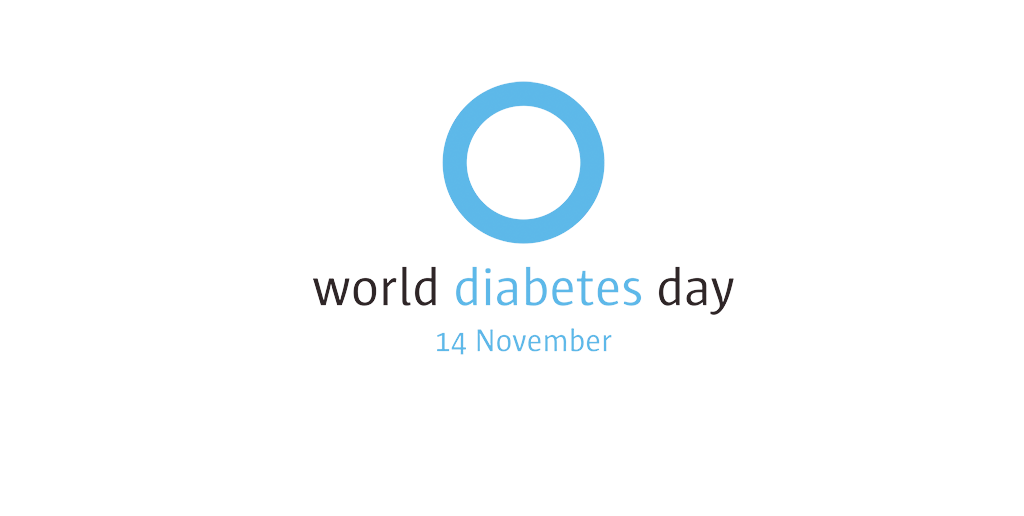
RESORT EVENTS January 14, 2022
World Diabetes Day
The World Diabetes Day is celebrated on November 14th and it is the most important diabetes awareness campaign in the world. It was established by the International Diabetes Federation (IDF) and the World Health Organization (WHO) in 1991, due to the alarming increase of diabetes worldwide.
The purpose of this campaign is to publicize the causes, symptoms, treatment and complications associated with Diabetes mellitus, which is a disease that occurs in the general population.
What is diabetes?
It is a chronic and irreversible disease, caused by the fact that the pancreas does not provide the necessary amount of insulin needed for metabolism, to filter the glucose from the blood.
Insulin is the hormone that is produced in the pancreas. It helps the glucose enter the cells, that transform into energy, which allows the tissues and muscles to function properly, by not producing enough insulin to regulate transport, the sugar stays in the blood and is not transported to the cells.
The high level of glucose in the blood causes health problems for the whole body, but mainly for the heart, kidneys and arteries, and this leads to heart attack risks, kidney problems, loss of vision (diabetic retinopathy) and even amputations of lower limbs as feet (Diabetic foot).

Some symptoms are:
Being very thirsty (polydipsia)
Being very hungry (polyphagia)
Need to go to the bathroom to urinate constantly (polyuria)
Fatigue
Blurry vision
Numbness of hands and feet
Weight loss (despite eating a lot)
Skin infections
Types of diabetes
Diabetes type 1
Appears at an early age in children and young adults, a large percentage of these cases are due to genetic inheritance.
It has no relation to lifestyle. Diabetes mellitus type 1, is originated by an autoimmune process that destroys the Beta cells of the pancreas. which is the main producer of insulin, patients with type 1 diabetes should be treated with multiple daily insulin injections, according to what their body needs to survive.
Type 2 diabetes
This type of Diabetes arises in adulthood (with some exceptions in infants) middle-aged people and in the Elderly. This is the most common type of diabetes.
People who has this type of diabetes, produces insulin, but the body can not use that insulin properly, which means, the body resists the use of the same insulin produced. Treatment includes a healthy lifestyle and pills (metformin), and may require insulin in some cases.
Gestational diabetes
This type of Diabetes affects a small number of women during their pregnancy. With a high number of cases that disappear after childbirth.
During pregnancy a greater amount of insulin is produced to increase energy reserves. Sometimes the pancreas does not make this increase, which leads to gestational diabetes.

Statistics
30.3 million people in the United States have Diabetes, that is, 9.4% of the population.
347 million people have Diabetes Mellitus in the World.
Type 2 diabetes accounts for 90% of the world's cases and is largely due to excessive body weight and physical inactivity.
Patients with diabetes, the risk of death is at least twice as high as in people without it.
Diabetes is the leading cause of dialysis and non-traumatic amputations, in addition to being a very important cause of blindness, circulatory problems, angina and heart attacks.
Treatment
Insulin is the only treatment for type 1 diabetes. It is administered by injections, with insulin pens or with continuous infusion systems (insulin pumps).
It is necessary to adjust the insulin according to what the person eats, the physical activity they perform and their glucose figures, they must take glucose test at least 3 times a day, by using glucometers (pricking their fingers)
Type 2 diabetes is often treated with drugs (pills) that improve the performance of Insulin so that glucose levels can be normalized.
Both cases must also realize these three basic principles
Diet, Exercise and Meditation, with the objective of maintaining stable glucose levels and minimizing complications in other organs of the body.
If you want more information and how to support the cause, detection and study of Diabetes, go to: https://www.fundaciondiabetes.org/
PREVIOUS POST NEXT POST